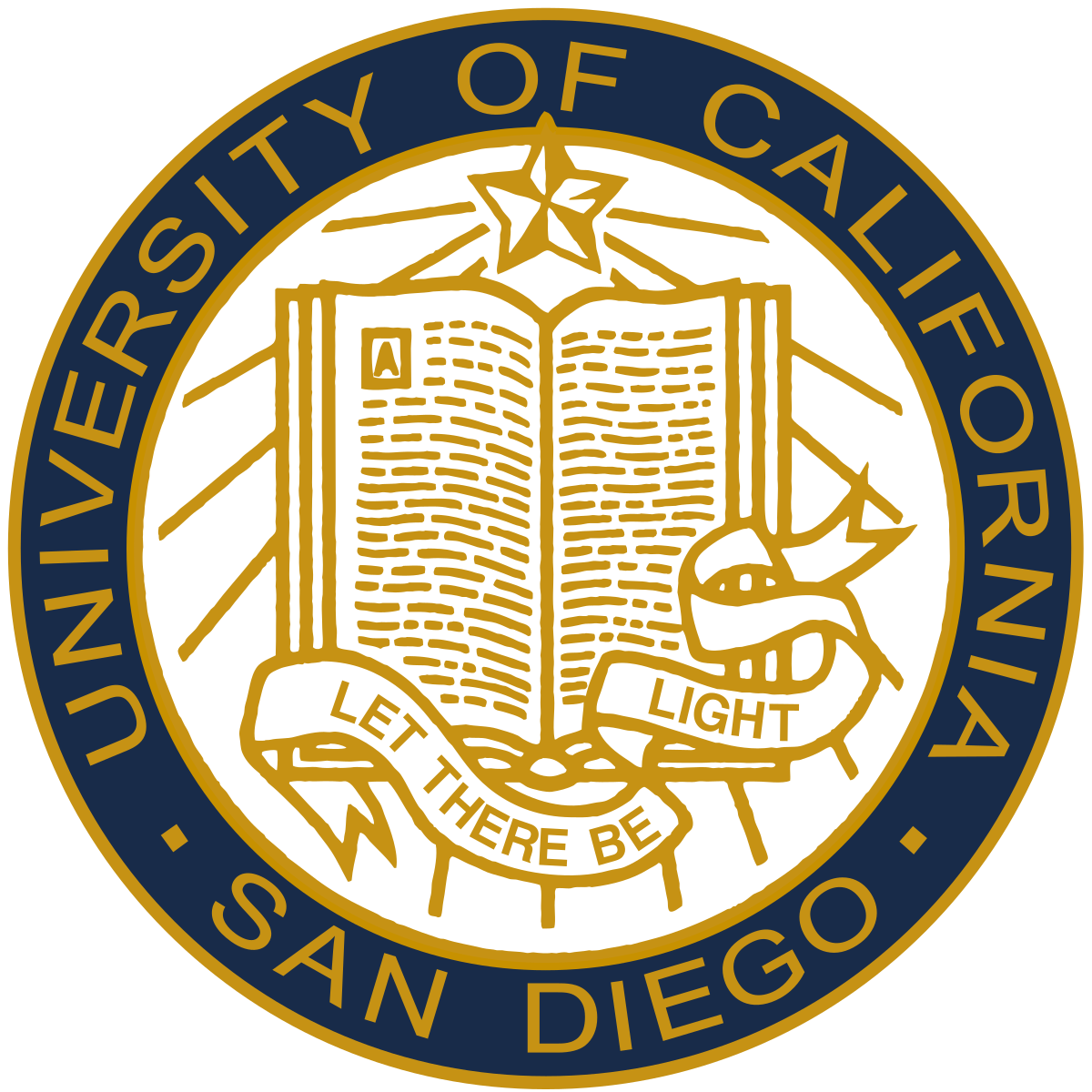UC San Diego: Caroline Freund Appointed Dean of UC San Diego’s School of Global Policy and Strategy
Caroline Freund, the next dean of UC San Diego’s School of Global Policy and Strategy (GPS), currently serves as global director for trade, investment and competitiveness at the World Bank.
Caroline Freund has been appointed the next dean of the University of California San Diego’s School of Global Policy and Strategy (GPS), effective July 1, 2021. She currently serves as global director for trade, investment and competitiveness at the World Bank where she leads their strategy, operational support and analytics on trade and private sector development in developing countries.
Freund has more than 20 years of experience in domestic and international policy institutions and has spent much of her career focused on academic research and policy advice in the area of international economics. She has also been a fervent advocate for the promotion of women and underrepresented minorities in the field of economics.
“In the more than 30 years since its birth, the School of Global Policy and Strategy has become a leader in data-driven research surrounding the economic policies and strategies of countries throughout Asia and the Americas,” said Chancellor Pradeep K. Khosla. “Dr. Freund’s expertise and career experience are excellent matches for leading GPS to its next level of distinction. Her goals in making a difference in the field of economics are well-aligned with UC San Diego’s collaborative, inclusive and innovative culture. I am very much looking forward to working with her.”
In her role at the World Bank, Freund is responsible for the development of critical partnerships with institutions and groups such as the International Monetary Fund, World Trade Organization, Organization for Economic Cooperation and Development and G20. She manages a staff of 125 and a $30 million budget and co-manages roughly 350 regional staff.
“I am honored to have been chosen to serve as dean of the School of Global Policy and Strategy,” Freund said. “In my recent position at the World Bank, I have witnessed how strong leadership and innovative thinking can transform an economy, accelerate growth and create opportunities for all. I am excited to work with the excellent faculty and students at UC San Diego to create the strongest international affairs and public policy program possible. Given current challenges to global cooperation and democracy, I cannot think of anything more important than educating our future leaders, policymakers and diplomats.”
Like her predecessor Dean Peter F. Cowhey, who will become professor emeritus on June 30, Freund has a wealth of experience as a scholar, government official and public servant.
Previously, she was a senior fellow at the Peterson Institute for International Economics and has also worked as chief economist for the Middle East and North Africa at the World Bank. Her work has influenced thinking on current account adjustment, trade agreements, complementary policies for trade and growth, superstar exporters and border barriers to trade.
Freund has published extensively in peer-reviewed academic journals, including top economic journals such as the American Economic Review and the Quarterly Journal of Economics. She is the author of Rich People Poor Countries: The Rise of Emerging Market Tycoons and their Mega Firms and co-led the 2020 World Development Report on Global Value Chains, the flagship publication of the World Bank.
“Dr. Freund is poised to expand GPS’ influence as one of the world’s top professional schools of international relations and public policy,” said Elizabeth H. Simmons, executive vice chancellor for Academic Affairs. “Her background and extensive leadership experience make her ideal to carry on the school’s legacy of advancing interdisciplinary research, promoting inclusive excellence and fostering cross-cutting collaborations to address the most pressing global challenges. I’m delighted to welcome her to UC San Diego.”
To spur collaboration across disciplines, GPS has several joint-appointments with the Departments of Economics and Political Science, Jacobs School of Engineering, Rady School of Management and Scripps Institution of Oceanography. Many of these faculty helped establish the school’s signature strengths related to science policy.
GPS’ depth and range of policy-relevant research is supported by its groundbreaking research centers, such as the 21st Century China Center, the Center on Global Transformation, the Center for Commerce and Diplomacy and the Center for U.S.-Mexican Studies, among others.

